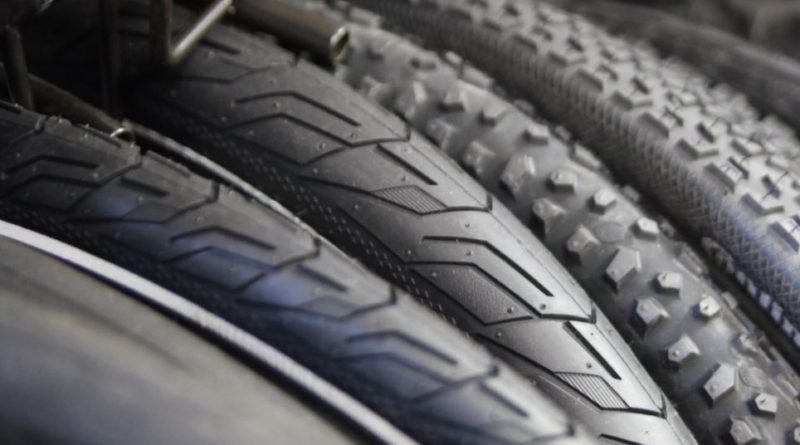Blaming increased costs of synthetic and natural rubber, it is being reported in local news outlets that Taiwanese tyre labels are to push forward with Q1 price increases.
 Averaging at between 8 and 12%, the Q1 price rises are following a December Federal Corp Taiwan Stock Exchange announcement that it would increase its prices by 9 to 12%. Nankang Rubber had earlier also forecast similar rises.
Averaging at between 8 and 12%, the Q1 price rises are following a December Federal Corp Taiwan Stock Exchange announcement that it would increase its prices by 9 to 12%. Nankang Rubber had earlier also forecast similar rises.
Kenda is reportedly bucking the trend to remain competitive, though will still push forward with 3 to 5% rises. Maxxis parent Cheng Shin Rubber is also said to be considering a first quarter increase.
Raw material prices have surged by as much as 100% from December 2015 to December 2016, according to Nankang, who said that its buying costs rose from $1,100 per ton to $2,200 in just 12 months.
In Thailand, the home of Vee Rubber, among others, natural rubber prices have risen by around 17% from November to December 2016. Year-on-year prices are said to have risen some 83%.
The rise in Thailand is in part due to an intervention scheme put in place by the Government to protect farmers of the material. In tandem, demand has risen and with the upward trajectory predicted to continue, farmers are said to be holding onto stocks, creating a supply strain on the market.
India meanwhile appears to be increasing production and holding prices steady in contrast.




























